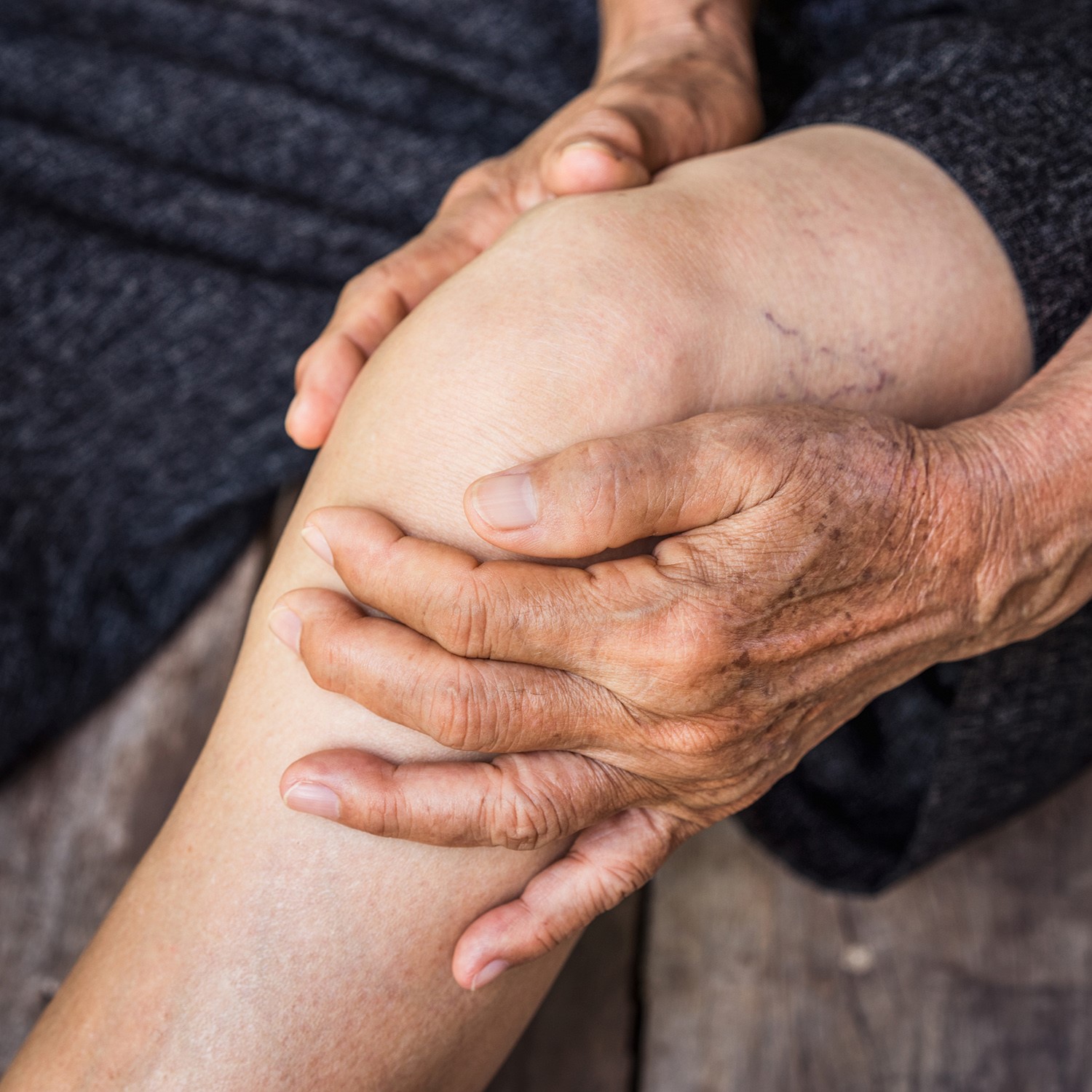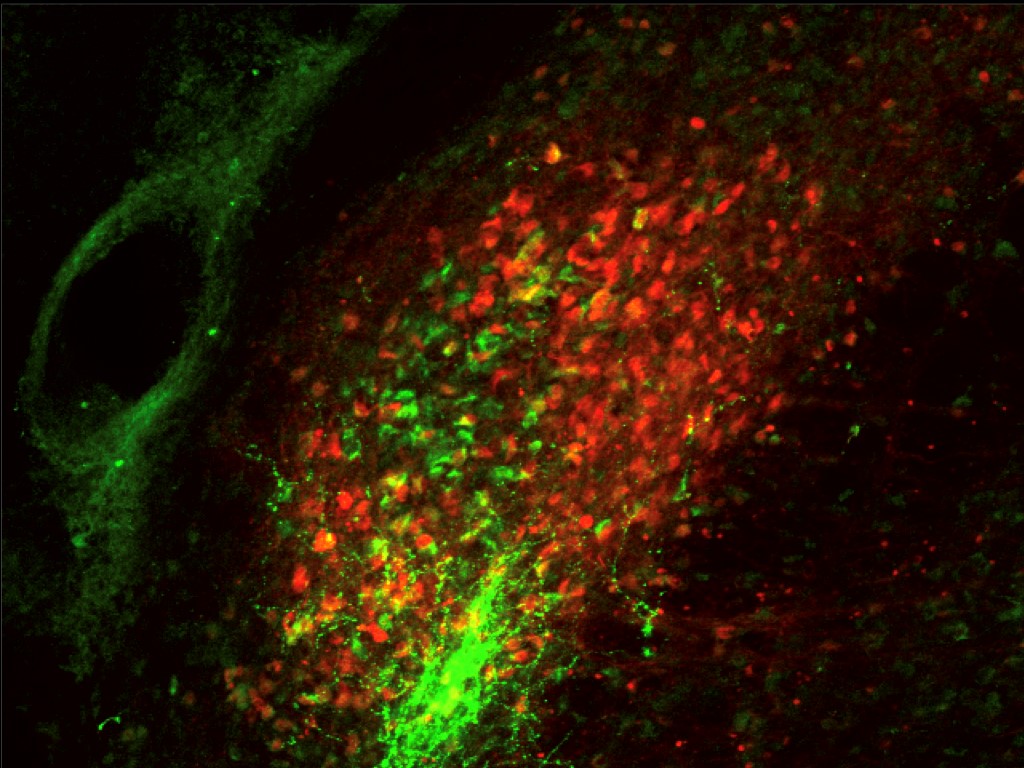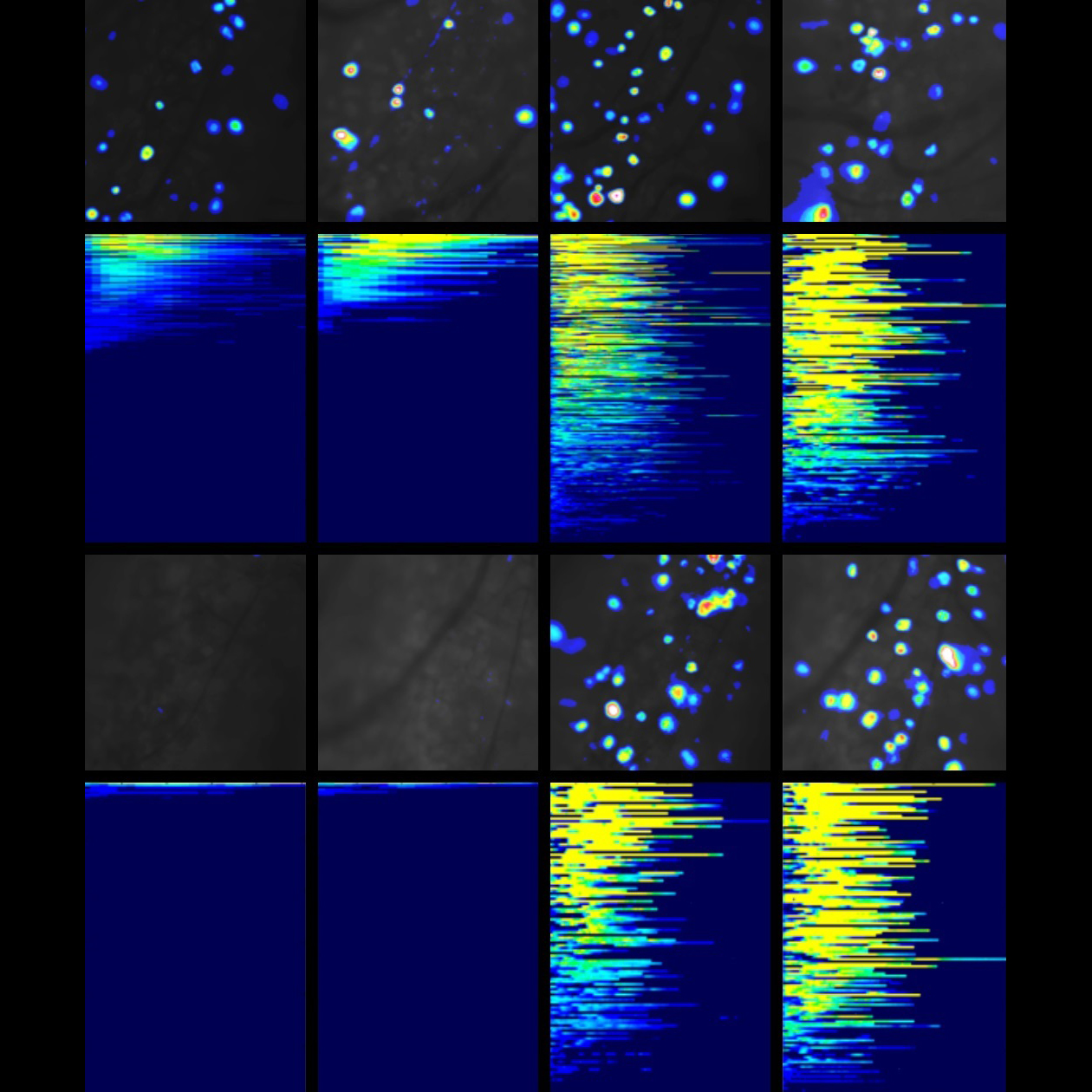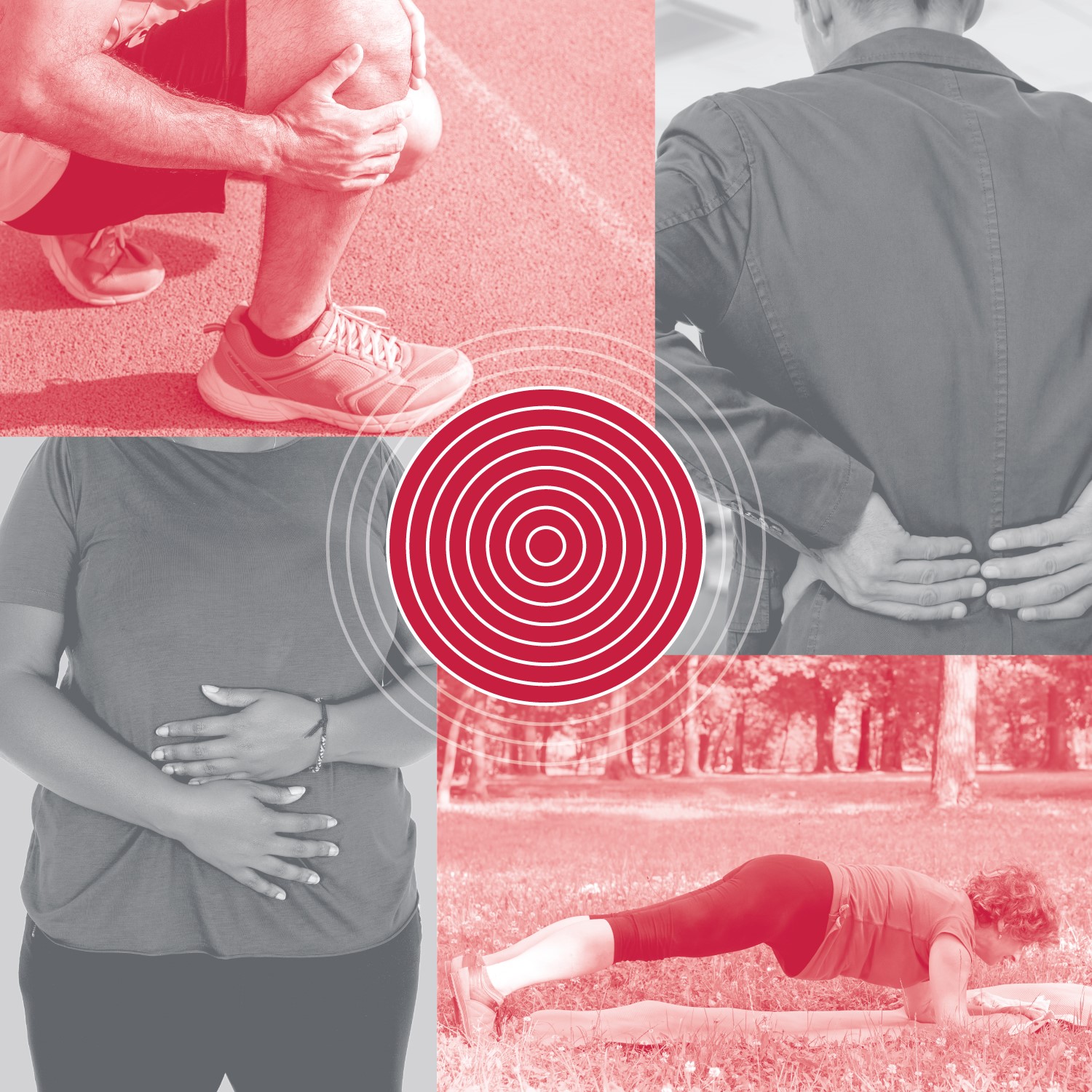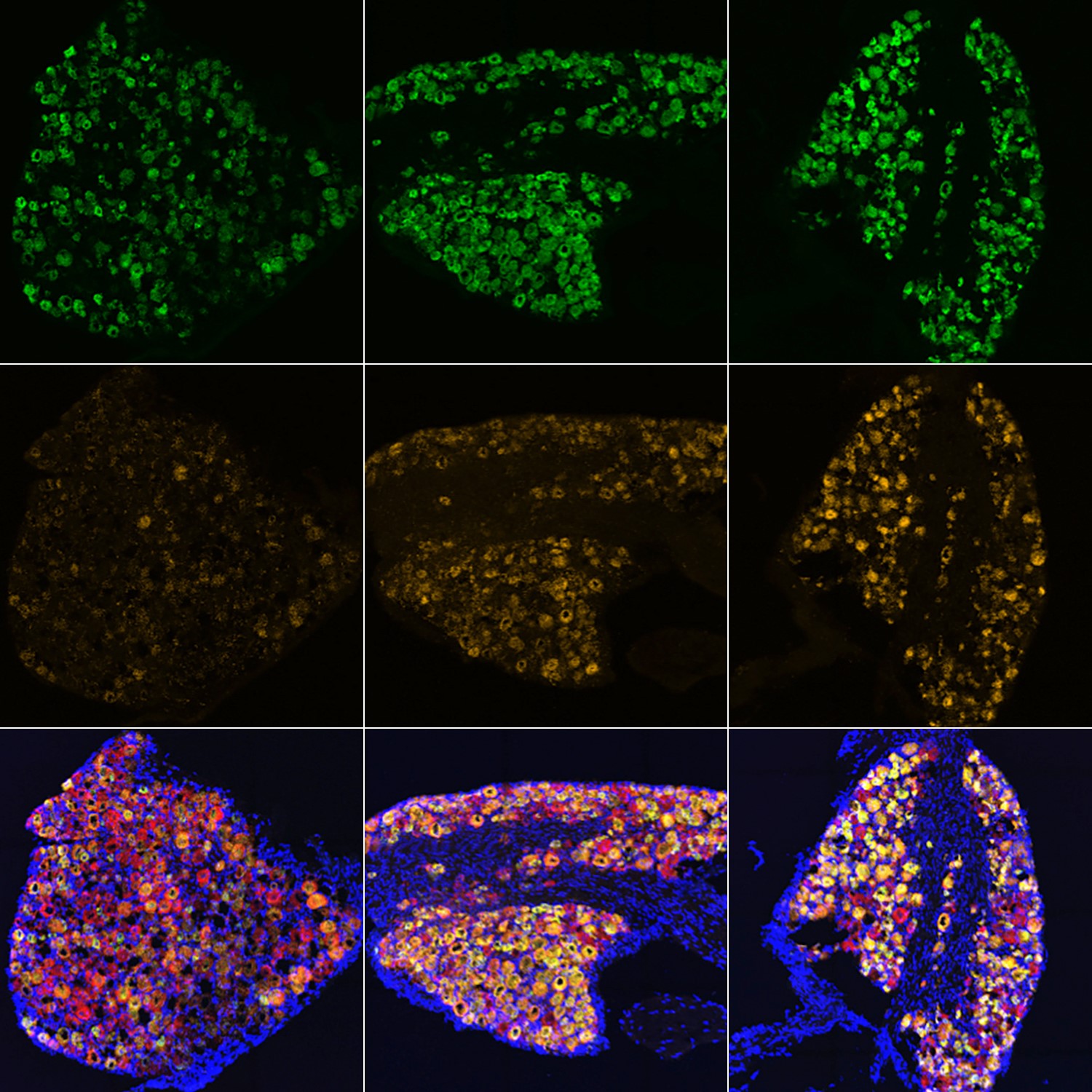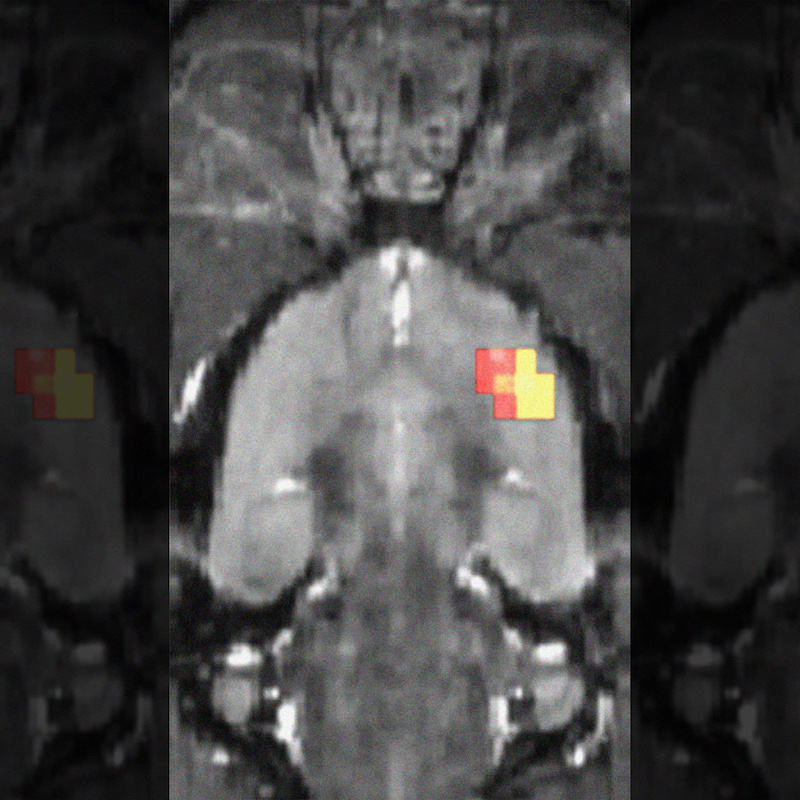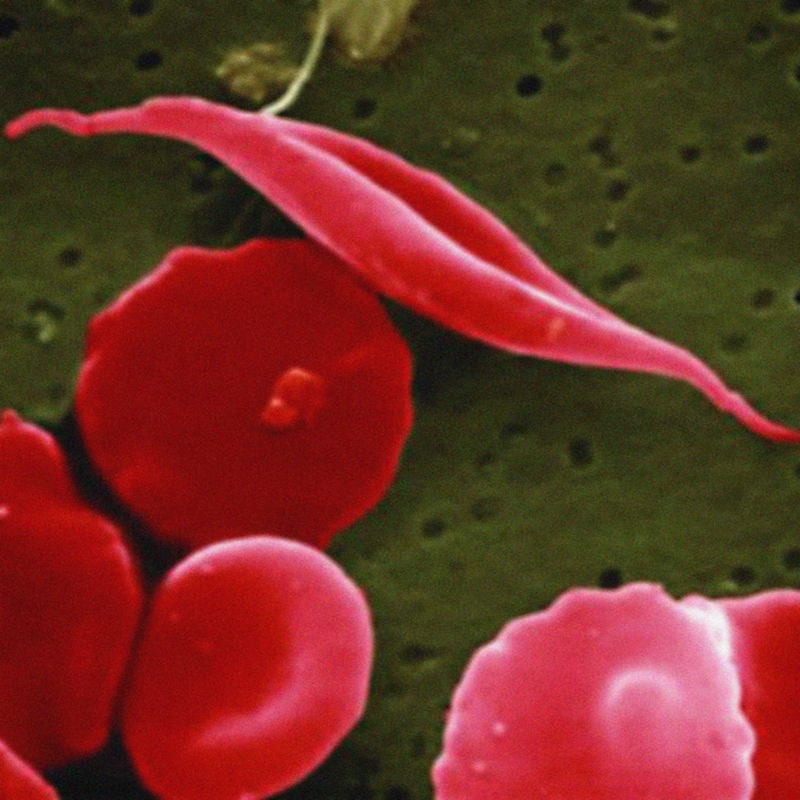Selected Research Results
Research spotlights of selected studies are shown below. For a full list of published NCCIH Research to-date, see PubMed.
Spotlights for 2018
Substances in Coffee May Protect Against Parkinson’s Disease and Dementia with Lewy Bodies, a New Animal Study Suggests
Mouse study suggests the coffee components eicosanoyl-5-hydroxytryptamide (EHT) and caffeine protect against Parkinson’s disease and dementia with Lewy bodies
December 2018
Massage May Provide Short-Term Improvement of Knee Osteoarthritis Symptoms
NCCIH-funded research suggests weekly massage therapy may reduce joint pain and improve function in people with knee osteoarthritis.
December 2018
New Study Identifies a Neural Circuit Involved in the Response to Painful Heat
A newly identified pathway involving the spinal cord and two parts of the brainstem plays a key role in behavioral responses to an uncomfortable heat stimulus, according to a study in mice from the National Center for Complementary and Integrative Health’s Division of Intramural Research.
November 2018
National Survey Reveals Increased Use of Yoga and Meditation Among U.S. Children
New NHIS data show higher use rates of meditation, yoga by U.S. children.
November 2018
National Survey Reveals Increased Use of Yoga, Meditation, and Chiropractic Care Among U.S. Adults
New National Health Interview Survey (NHIS) data show rising use of yoga, meditation, chiropractic by U.S. adults.
November 2018
PIEZO2 Ion Channel Presents New Target for Pain Research
New NCCIH-supported research suggests the PIEZO2 mechanoreceptor is essential for light touch detection after injury in mice and humans, and that PIEZO2 antagonists may provide a new avenue for relieving a variety of chronic pain conditions.
October 2018
Defining the Prevalence of Chronic Pain in the United States
This Research Spotlight highlights new data suggesting that in 2016 nearly 20 percent of U.S. adults had chronic pain and 8 percent had high-impact chronic pain (pain that limited at least one major life activity).
September 2018
Lifestyle Interventions May Limit Weight Gain During Pregnancy in Overweight or Obese Women
In a new study, behavioral lifestyle intervention programs that focused primarily on diet and physical activity limited weight gain during pregnancy in overweight or obese women.
September 2018
Understanding the Influence of the Experimental Setting on Pain Ratings
In this NCCIH-funded study, researchers suggest the experimental setting influences how study participants assess painful stimuli; these findings may help researchers design studies to better understand the mechanisms involved in chronic pain.
August 2018
Prevalence and Profile of High Impact Chronic Pain
Almost 11 million U.S. adults have “High Impact Chronic Pain.”
August 2018
New Study Links Mindfulness, Brain Changes, and Pain Sensitivity
People who are naturally more mindful report less pain and show lower activation of a specific region of the brain in response to an unpleasant heat stimulus, according to a new study supported by the National Center for Complementary and Integrative Health (NCCIH). The study, conducted by researchers from Wake Forest University and collaborating institutions, was published in the journal Pain.
July 2018
Study Explores the Molecular Basis of Chronic Pain Following Nerve Injury
Researchers identifiy a key molecule, dual leucine zipper kinase (DLK), that controls pathways leading to chronic neuropathic pain following nerve injury.
July 2018
Pain-Induced Changes in the Brain’s Opioid System May Explain the Limited Effectiveness of Opioid Therapy in Chronic Pain
Animal research suggests pain-induced changes in the brain’s opioid receptor system may explain the limited effectiveness of opioid therapy in chronic pain; these changes also may play a role in the depression that often accompanies chronic pain.
May 2018
A Potential Anticancer Drug From Poppies Has Been Produced in Genetically Engineered Yeast
NCCIH-supported researchers at Stanford University have modified yeast cells to synthesize noscapine, a potential anticancer drug.
April 2018
Analysis of Data on the Prevalence and Pharmacologic Treatment of Plantar Fasciitis Pain
Data analysis from a large, national survey provides insights into factors associated with plantar fasciitis and its pharmaceutical treatment.
March 2018
How People Appraise a Heat Stimulus Affects How Their Autonomic Nervous Systems Respond To It, Study Finds
Results of new NCCIH research shows how a person perceives and evaluates stimuli involving actual or prospective pain is an important component in the autonomic nervous system’s (ANS) response to such stimuli.
March 2018
Tai Chi Has Similar or Greater Benefits Than Aerobic Exercise for Fibromyalgia, Study Shows
New research suggests practicing tai chi is a therapeutic option for people with fibromyalgia.
March 2018
Music and the Brain: Report on an NIH/Kennedy Center Workshop
Collaborative workshop -- the Sound Health initiative -- convened by the National Institutes of Health and the John F. Kennedy Center for the Performing Arts -- focused on the use of music therapy in health settings.
March 2018
New Insights on Pain and Opioid Use in People With Sickle Cell Disease After Hematopoietic Stem Cell Transplant
NIH-funded study offers new information on pain in sickle cell disease, the use of opioids for this pain, and psychological and quality-of-life challenges faced by people with this disease.
March 2018
Study Identifies Two Substances Derived From Plants That May Have the Potential To Treat Depression
Researchers look at plant-derived natural products for new antidepressants.
February 2018

